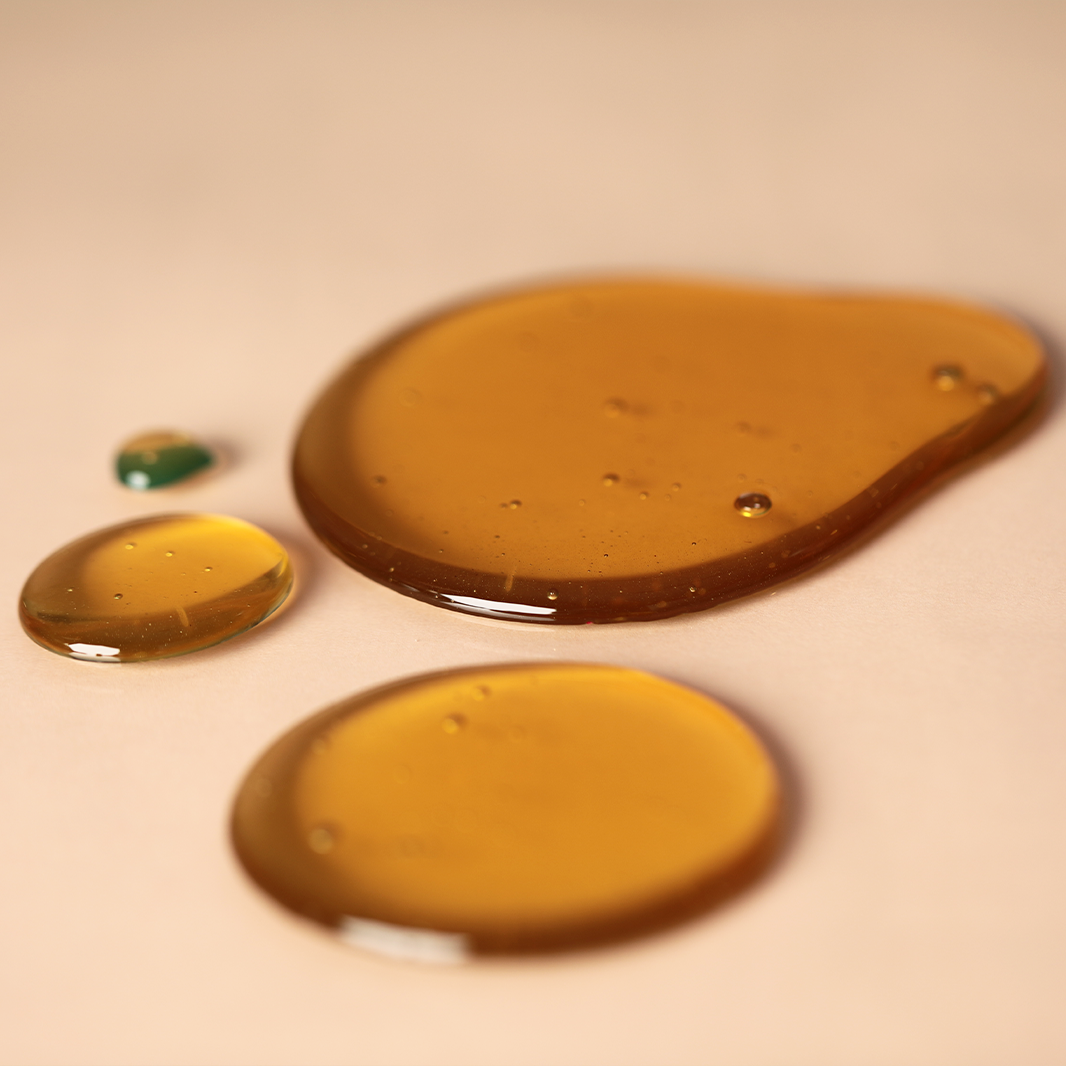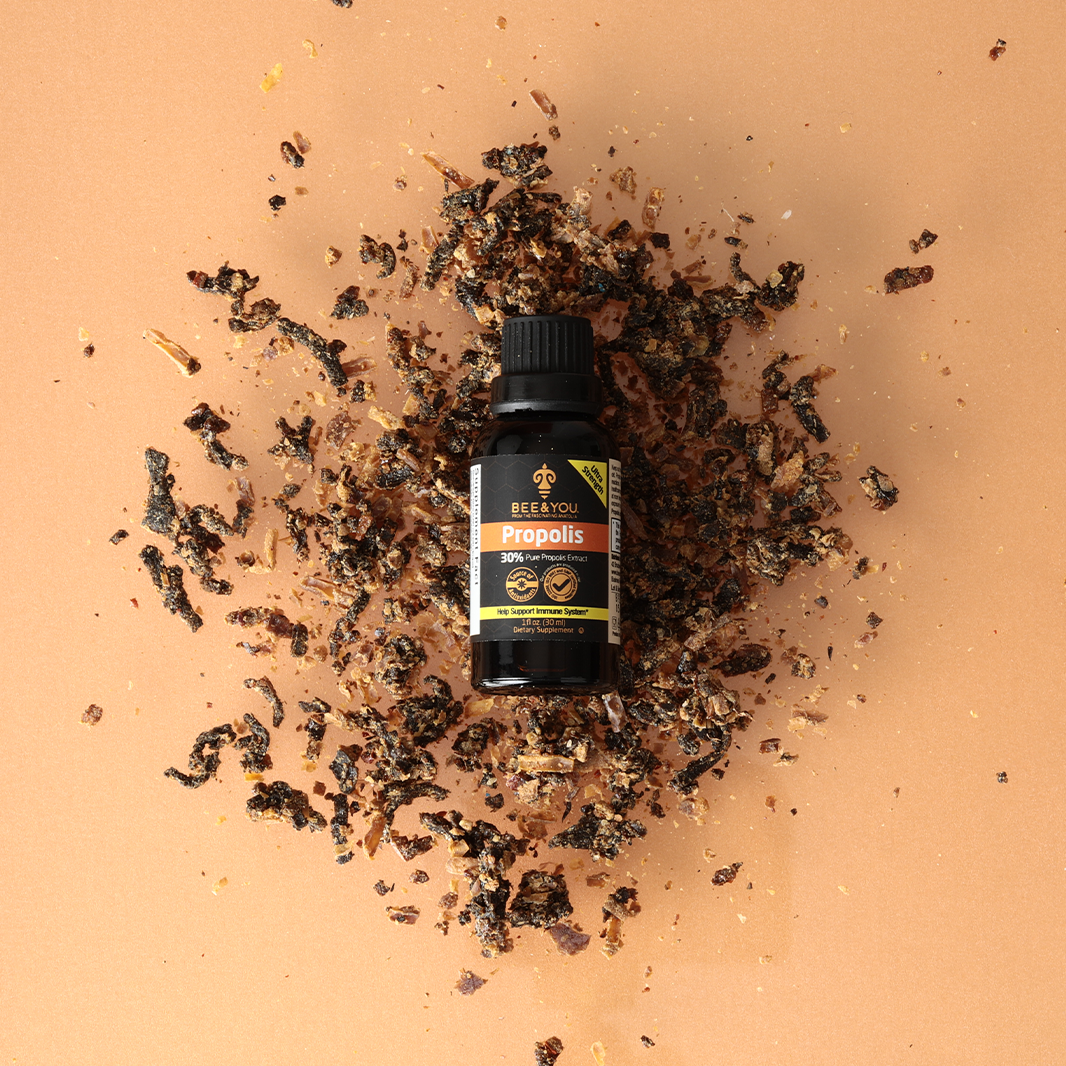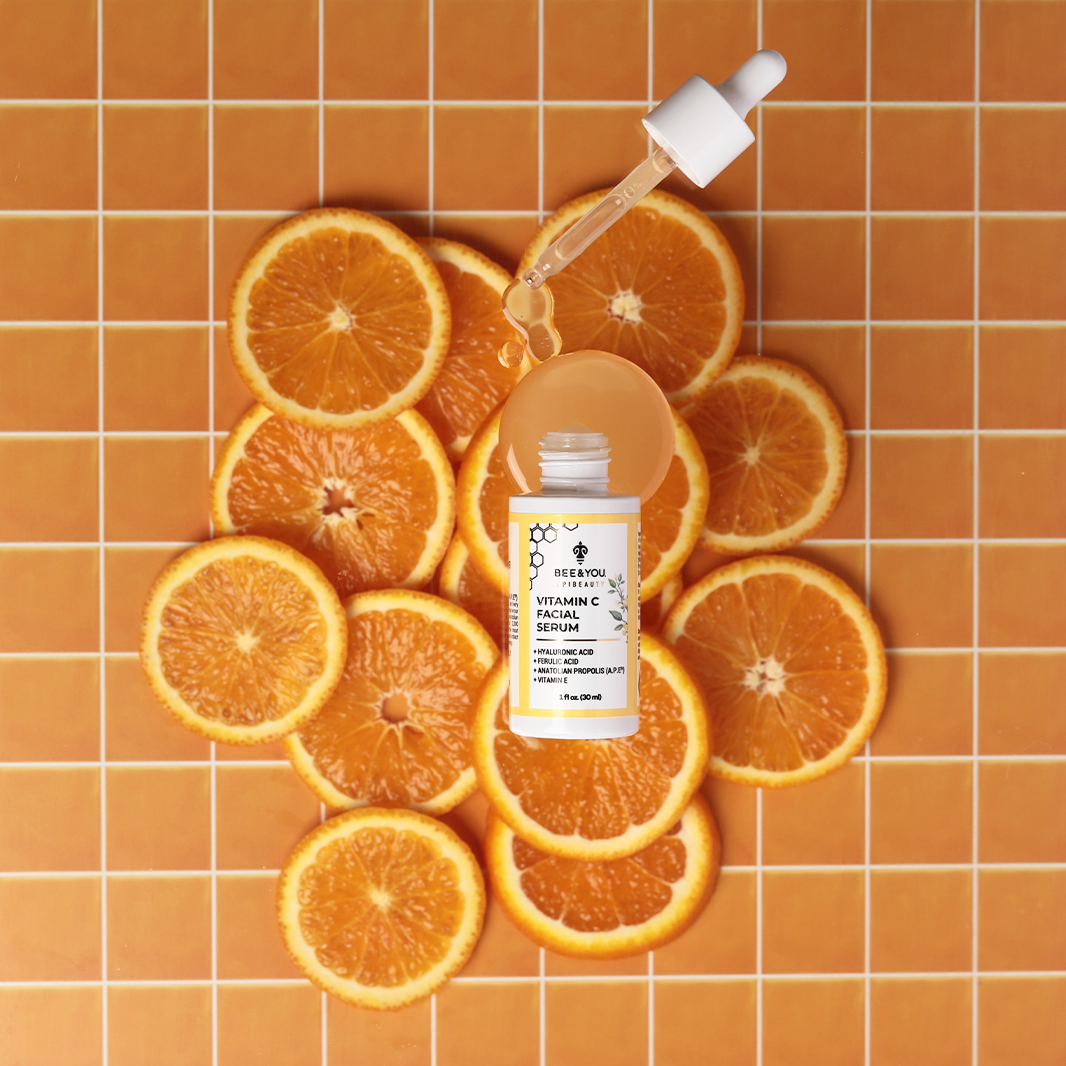Pollen is a natural bee product known as "only perfectly complete food," containing all the nutrients that an individual needs to survive. Bee pollen contains fiber, phenolic, and flavonoid components, B1, B2, B3, B5, B6, A, E, C, D, and K vitamins, potassium, calcium, magnesium, zinc, selenium, iron, and phosphorus minerals in addition to approximately 30% protein. Due to its composition rich in those nutrients, pollen is a valuable food that helps us to meet our body's daily vitamin and mineral needs. Furthermore, pollen strengthens the immune system and supports stomach and gut health.
What Is Autism?
Autism or Autism spectrum disorder (ASD) is a neurological and developmental disorder that affects how people interact with others, communicate, learn, and behave. Although the exact cause of autism is not known, it is believed to be genetic. In individuals with autism, mental retardation, giftedness, attention deficit, mood disorders, hyperactivity, epilepsy, and gastrointestinal disorders can be observed. Pollen has been reported to be supportive against digestive system problems in individuals with autism. In addition, scientific studies show that pollen benefits mental performance and cognitive status.
Scientific Studies on The Effects of Pollen
A scientific study conducted in 2021 examined the effects of pollen and propolis consumption on autism. The rats participating in the study were divided into 4 groups.
- 1st group, the control group, no bee products were administered.
- 2nd group, autism was experimentally induced, and no bee products were administered.
- 3rd group, autism was experimentally induced and received 250 mg/kg/4 weeks of pollen.
- 4th group, autism was experimentally induced and received 250 mg/kg/4 weeks of propolis.
The study results demonstrated that pollen and propolis protected against nervous system diseases and reduced the symptoms of autism. Pollen and propolis, which have rich antioxidant and prebiotic content, have been suggested as supplementary treatment in neurodevelopmental disorders such as autism.
How Can We Consume Pollen?
Adults can take 2-4 tsp of pollen daily, and children can eat 1-2 tsp per day to improve mental performance. This product is suggested to consume directly or added to warm or cold foods and beverages.
Source: Aabed, K., Bhat, R. S., Al-Dbass, A., Moubayed, N., Algahtani, N., Merghani, N. M., … & El-Ansary, A. (2019). Bee Pollen and propolis improve neuroinflammation and dysbiosis induced by propionic acid, a short chain fatty acid in a rodent model of autism. Lipids in health and disease, 18(1), 1-8.






